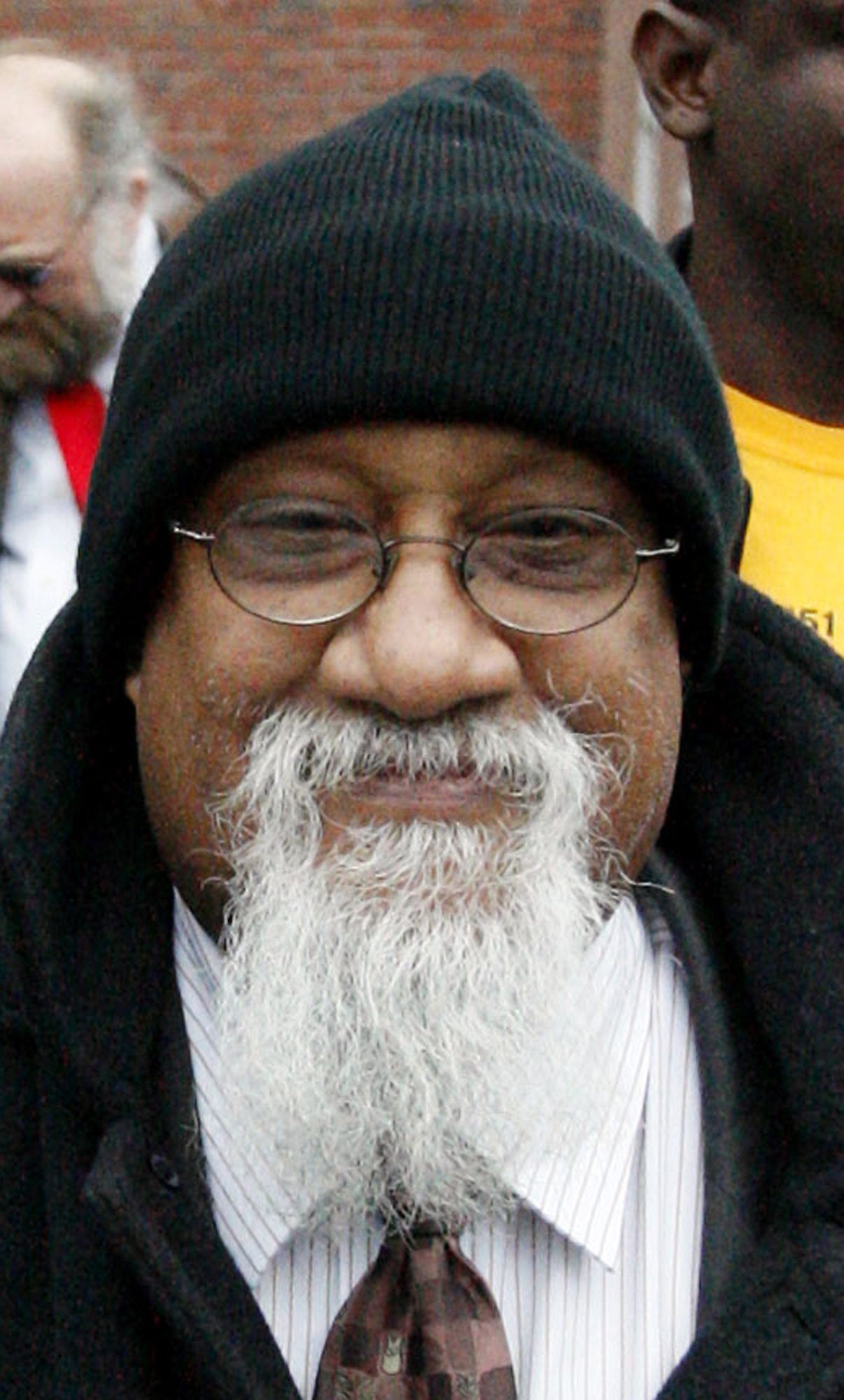Published October 18, 2010
In 2007, in an affluent New Haven suburb, Steven Hayes and an accomplice broke into the home of Dr. William Petit Jr.; his wife, Jennifer Hawke-Petit; and their daughters, Hayley, 17, and Michaela, 11.
According to testimony, Dr. Petit was bound and gagged, his wife and a daughter raped. The children were tied up and doused in gasoline. The house was set ablaze. Petit survived a brutal beating, but his wife and children died.

This family photo shows William Petit with his daughters Michaela, front, Hayley, rear, and his wife, Jennifer Hawke-Petit, on Cape Cod in June 2007.
This week, as WNPR’s Lucy Nalpathanchil reports for NPR, the jury is considering whether to sentence Hayes to death.
Connecticut is one of two New England states that allow for capital punishment — the other is New Hampshire — and the state has put just one person to death since 1976.
There is no death penalty in Massachusetts. Attorney General Martha Coakley, who is running for re-election, does not support it. Her challenger, Republican Jim McKenna, says it’s time to consider reinstating the death penalty in light of the Mattapan murders three weeks ago.
The same refrain echoes in Mattapan. Who could murder a young woman and her 2-year-old boy? How could we allow this killer or killers to live?
In Connecticut last year, even as the drama of the Steven Hayes story grabbed headlines, the legislature voted to abolish the death penalty. Republican Gov. Jodi Rell vetoed the measure, saying some crimes are too heinous.
Hayes’ lawyers argued — unsuccessfully — that a death sentence would be more costly to taxpayers than life in prison, as appeal after appeal drags on. The judge did not allow that argument in court, saying “a jury in the penalty phase is charged with the task of reasoned moral judgment, not counting dollars and cents.”
What do you think? Should Massachusetts reinstate the death penalty? Can a crime be so heinous as to warrant punishment by death?




